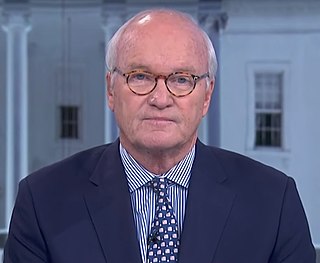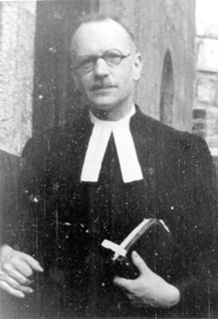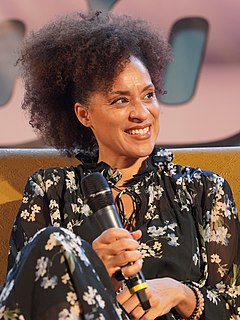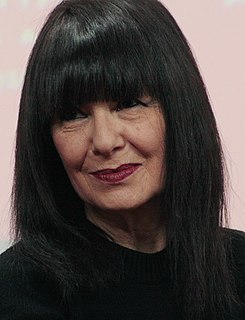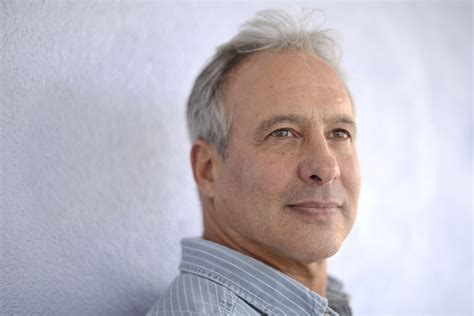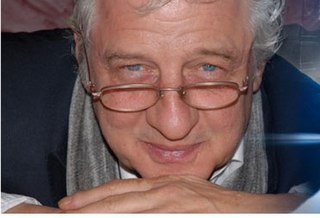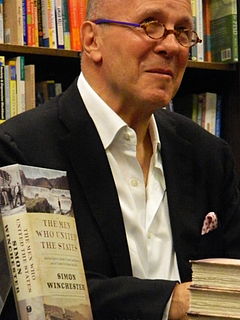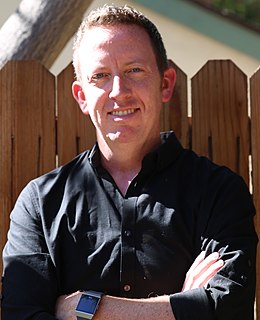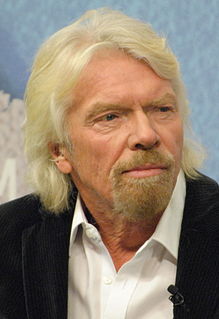Top 1200 Events In History Quotes & Sayings - Page 4
Explore popular Events In History quotes.
Last updated on December 24, 2024.
History is a living horse laughing at a wooden horse. History is a wind blowing where it listeth. History is no sure thing to bet on. History is a box of tricks with a lost key. History is a labyrinth of doors with sliding panels, a book of ciphers with the code in a cave of the Saragossa sea. History says, if it pleases, Excuse me, I beg your pardon, it will never happen again if I can help it.
The reason why you do history, and particularly why you do war, is that you want to make sure that in the next war, some lessons were learned. There's a saying: "History doesn't repeat itself, but it does rhyme." Or Ecclesiastes: "What has been will be again. What has been done will be done again." Human nature always superimposes itself - its strength and its frailty over the rush of chaos of ongoing events - and we can perceive patterns and themes and motifs.
Those of us who obsess over every word and action are constantly recalling past events, but that doesn't make them any less painful, nor does it help us transcend them. To write memoir, you have to not only recollect past events, you have to revisit them. You have to get back to the mental and emotional state you were in during those events.
The qualifying system helps the top guys like Sergio Garcia, who play most of their golf in the U.S. They can rely on the world rankings and just play their four extra events [with the four majors and three World Golf Championship events counting as seven European events]. But for the other guys it's tough, and I don't know if that can be changed. It is a tricky situation.
Let's say that history is what happened. The record of what happened is how each individual happens to see those events. They've already been ?ltered. When the historian or biographer takes over, history is no longer exactly what happened, because there has been a process of selection going on; it's impossible to write about anyone, any event, in any period of time, without in some way imposing, even unconsciously, your own standards, your own values.
If, in schools, we keep teaching that history is divided into American history and Chinese history and Russian history and Australian history, we're teaching kids that they are divided into tribes. And we're failing to teach them that we also, as human beings, share problems that we need to work together with.
I don’t know much about history, and I wouldn’t give a nickel for all the history in the world. It means nothing to me. History is more or less bunk. It's tradition. We don't want tradition. We want to live in the present and the only history that is worth a tinker's damn is the history we make today.
Life cannot be destroyed for good, neithercan history be brought entirely to a halt. A secret streamlet trickles on beneath the heavy lid of inertia and pseudo-events, slowly and inconspicuously undercutting it. It may be a long process, but one day it must happen: the lid will no longer hold and will start to crack. This is the moment when something once more begins visibly to happen, something truly new and uniquesomething truly historical, in the sense that history again demands to be heard.
It has been long considered possible to explain the more ancient revolutions on... the Earth surface by means of these still existing causes; in the same manner as it is found easy to explain past events in political history, by an acquaintance with the passions and intrigues of the present day. But we shall presently see that unfortunately this is not the case in physical history:-the thread of operation is here broken, the march of nature is changed, and none of the agents that she now employs were sufficient for the production of her ancient works.
We always seem to be surprised by events, especially by catastrophes, but also by wonderful events. Look at 1990, the year that the Soviet Union collapsed and apartheid in South Africa collapsed and the Berlin Wall came down. I don't know anyone who foresaw those events. It seems to me that as a species we are constantly trying to adapt ourselves to the unexpected. In the meantime, we talk as if we are in control, and we're not. This seems to me to be the truth about the twentieth century.

